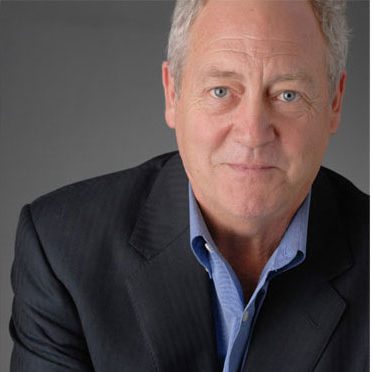Adirondack Explorer
Published: May June, 2007
In the early 1970s when I helped found Greenpeace, I believed that nuclear energy was synonymous with nuclear holocaust, as did most of my environmentalist colleagues. More than 30 years on, my views have changed, and the rest of the environmental movement needs to update its views, too, because nuclear energy may just be an energy source that can help save our planet from another potential problem: the negative impacts of climate change.
I am not an alarmist on the subject of climate change, but I do believe that it would be very wise to adopt a realistic program to reduce CO2 emissions. I have come to realize that nuclear energy — along with a stronger focus on renewables, like wind, geothermal and hydroelectric power – is the only energy source capable of actually delivering us from an increasing use of fossil fuels and their resulting carbon emissions.
Nuclear energy has an impressive operational record, yet unease continues to surround this proven source of clean and safe power. Each concern deserves careful consideration.
Concern: nuclear energy is not safe.
Fact: nuclear energy is one of the safest industrial sectors worldwide. Modern nuclear power plants follow strict government regulations, which mandate continuous employee training and redundant safety features. By contrast, the Soviet-designed Chernobyl reactor was an accident waiting to happen: it had no containment structure and its operators literally blew it up.
The Three Mile Island accident in the US, on the other hand, was a safety success story. The containment structure functioned as designed, and prevented radioactive material from escaping at harmful levels, resulting in no deaths or injuries. No one has died of a radiation-related accident in the history of the U.S. civilian nuclear-reactor program.
Concern: nuclear energy is expensive.
Fact: nuclear reactors deliver electricity on par with the cost of coal and hydro, and cheaper than natural gas, wind or solar.
Concern: nuclear waste will be dangerous for thousands of years.
Fact: spent fuel, which contains 95 per cent of its original energy, is being safely stored at nuclear power plants around the world, and will be re-used by future generations for electricity. Within 40 years, spent fuel has less than 1000th the radioactivity it had when it was removed from the reactor.
Concern: nuclear reactors are vulnerable to terrorist attack.
Fact: even an airliner could not penetrate the five-foot-thick reinforced concrete containment structure, which protects contents from the outside as well as from the inside.
Concern: nuclear energy is directly linked to nuclear weapons proliferation.
Fact: it is not necessary to have a nuclear reactor in order to produce enriched uranium for a nuclear bomb. Nuclear proliferation must be addressed as a separate issue from nuclear power generation.
The only significant obstacle facing a greater reliance on nuclear energy is the wrongheaded opposition by activist groups like Friends of the Earth and Greenpeace. These groups use misinformation to scare the public into believing nuclear energy is unsafe.
Once people see nuclear energy for what it truly is – safe, reliable baseload power with virtually no greenhouse gas emissions – they will wholeheartedly support their government’s forward-thinking policy. Then the engineers and scientists can get on with the job of building an energy infrastructure that makes it possible to reduce the use of fossil fuels and the threat of climate change.
An advisor to government and industry, Dr. Patrick Moore is a co-founder of Greenpeace and chairman and chief scientist of Greenspirit Strategies Ltd. in Vancouver. Along with Governor Christine Todd Whitman, Dr. Moore co-chairs the CASEnergy Coalition. www.cleansafeenergy.org


